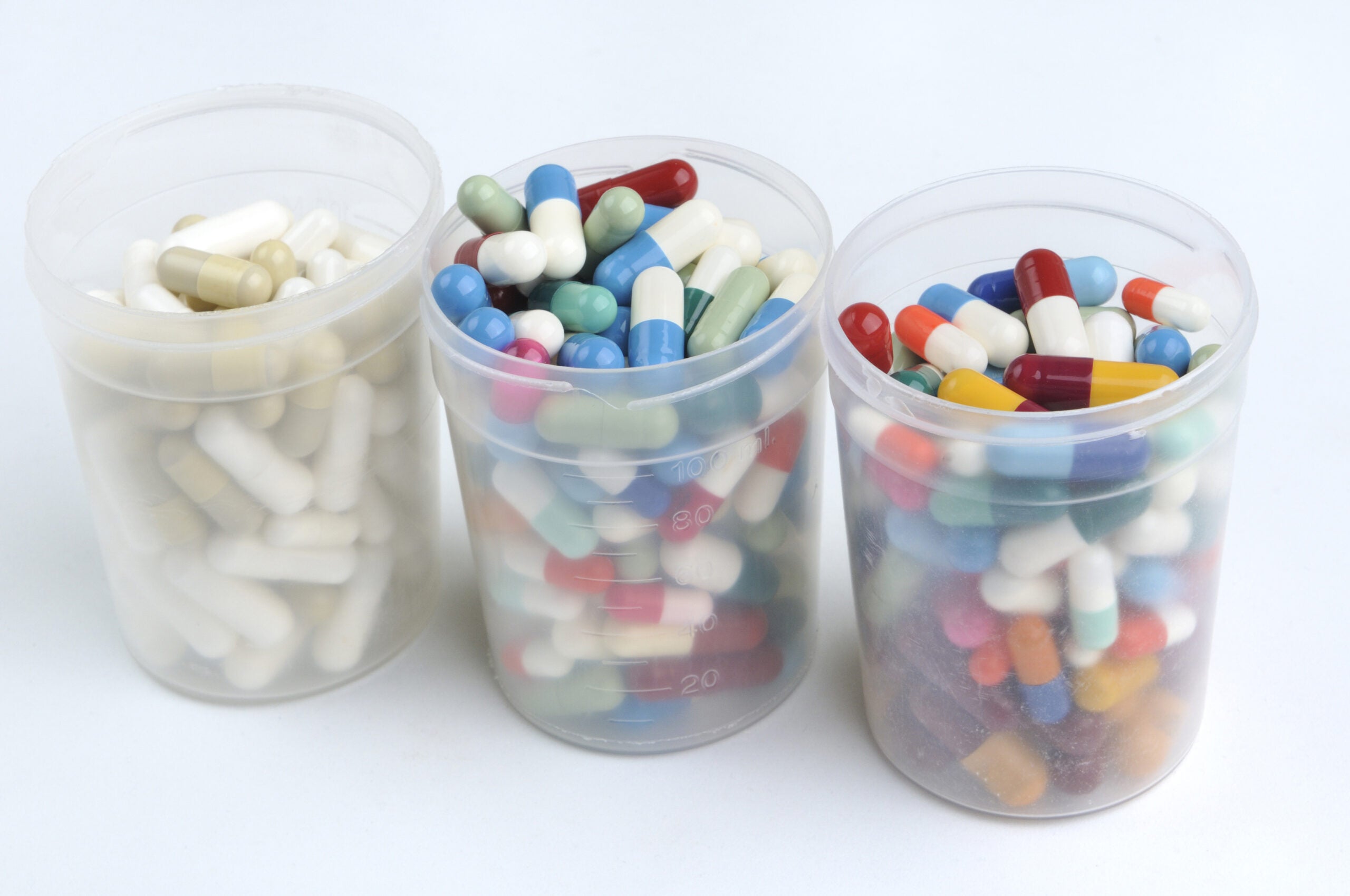
According to a study published by clinical neuroscience in 2000, statistically, each person has a 50 percent chance of experiencing a significant trauma throughout their life. For the majority of society, this trauma will pass, allowing for their lives to continue without any long-term detrimental effect. However, for 8 percent of these people, the trauma will become deeply engrained in their minds, inducing constant, long-lasting symptoms. In clinical psychology, this condition is called post-traumatic stress disorder (PTSD), and one of the fundamental symptoms is consistent stimulation of the sympathetic nerve system, leading to a constant sense of alertness and agitation from the “fight or flight” response.
Recently, a compound known as 3, 4-methylenedioxymethamphetamine (MDMA) completed Phase II clinical trials where it was used to assist psychotherapy, showing tremendous results in a placebo-controlled study. While all patients in the trial were unresponsive to previous therapies, approximately 68 percent showed significant improvement after just three MDMA-assisted psychotherapy sessions, to the point that they no longer qualified for a diagnosis of PTSD. One year later, without any further treatments, this number increased to 76 percent, showing that lasting psychosomatic changes had occurred from the use of MDMA in therapy. This prompted the FDA to grant MDMA breakthrough therapy designation.

Discover B2B Marketing That Performs
Combine business intelligence and editorial excellence to reach engaged professionals across 36 leading media platforms.
MDMA Found to Enhance Communication from PTSD Patients
Current therapy strategies primarily focus on long psychotherapy sessions accompanied by anti-depressants. However, with the body evoking constant reminders of the trauma, patients with PTSD have difficulty discussing their trauma as the task can seem almost unbearable. Furthermore, anti-depressants are prescribed to control symptoms but do not actually address the route of PTSD, and can have multiple side effects when used over a long period of time. Ultimately, according to the National Center for PTSD, sufferers of PTSD are three times more likely to commit suicide even when they are receiving this supportive therapy.
In 1912, Merck KGaA first synthesized and patented MDMA in the hopes of developing medicinal substances that stopped abnormal bleeding. Due to many contributing factors, such as failed pharmacological testing when assessing this goal, Merck ceased its MDMA studies. However, MDMA was used in a handful of other studies by independent institutes in the following years. By the late 1970s, despite not being utilized in clinical trials or receiving FDA approval, MDMA had become popular among psychiatrists in clinical practice, as it “enhanced” communication from patients and allowed them to talk about their problems with ease. However, MDMA found an even larger following in the recreational scene, leading to the U.S. Drug Enforcement Agency (DEA) placing MDMA on the list of Schedule I drugs, indicating that the drug had no medical use and a high potential for abuse.
MDMA – A “Favorable” Alternative to Anti-Depressants
From clinical trials starting in 2011, pure MDMA combined with psychotherapy has shown to be very effective at reducing PTSD symptoms and keeping these symptoms from resurfacing. Pure MDMA cannot be directly compared to its recreational counterparts, as recreational forms of MDMA such as ecstasy tend to contain a multitude of different compounds and are actually comprised of very little MDMA. In current clinical trials, MDMA is not used as a treatment itself, but is instead used to facilitate and enhance psychotherapy.
Phase III clinical trials are underway for MDMA-assisted psychotherapy, and are expected to finish in 2021. If successful, studies using MDMA could pioneer further research into psychopharmacology— specifically, the use of currently illicit drugs in the treatment of mental disorders. In 2010, according to everydayhealth.com, the total cost of mental disorders in the U.S. was $214B. With mental health being a key concern globally, exploring other treatment methods, such as those provided by currently illicit drug compounds, may provide a more favorable alternative to anti-depressants.

US Tariffs are shifting - will you react or anticipate?
Don’t let policy changes catch you off guard. Stay proactive with real-time data and expert analysis.
By GlobalData




